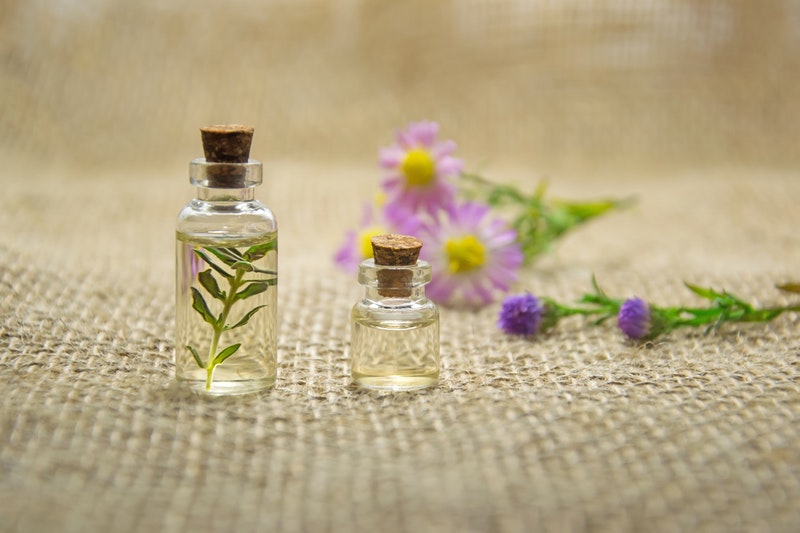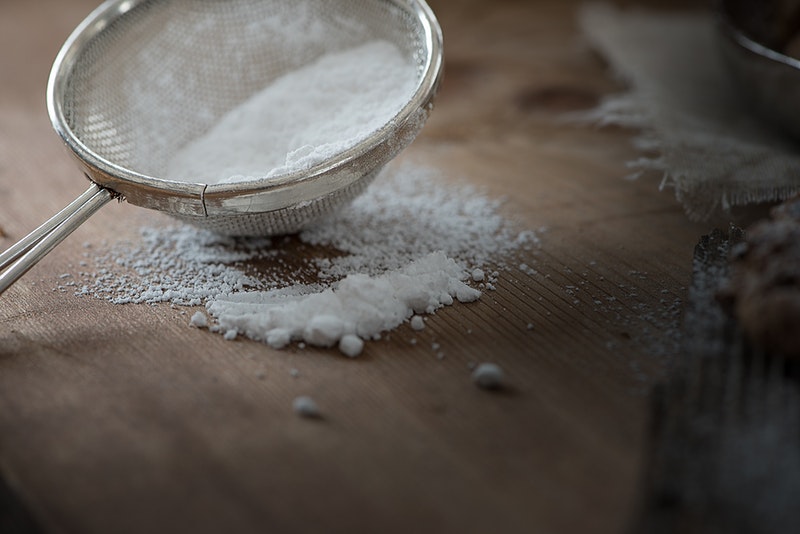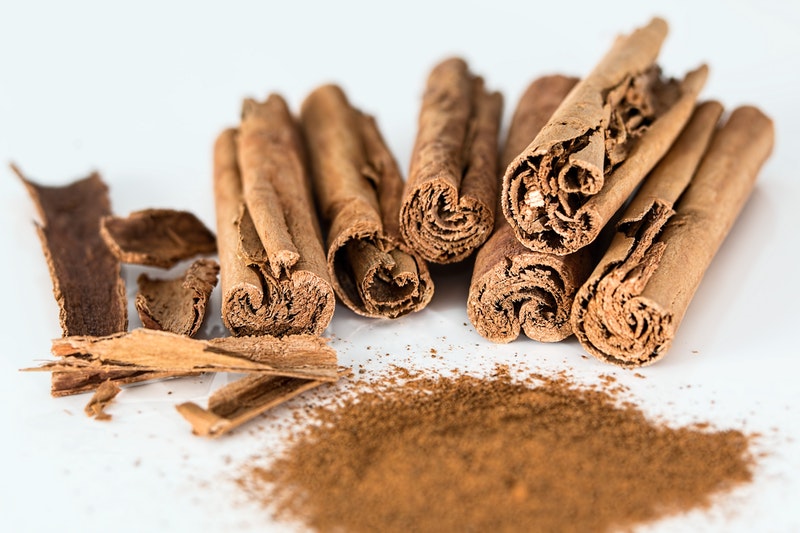What DIY acne treatments should you avoid?
- Essential oils
- Baking soda
- Cinnamon
DIY acne treatments are the type of treatments that did not go under FDA testing or strict scientific studies. Because there are little to no concrete evidence of these products being good for treating acne, many specialists from skin care services in the Philippines would highly discourage you from using those.
Despite there being a lack of evidence about the effectiveness of these DIY treatments, pimple-prone people will still resort to using them, mainly due to desperation. It’s highly likely that they have already tried everything that their dermatologists told them to do, to no avail. In addition, they may not have any more money to try out more expensive options for their acne.
No matter what situation you might find yourself in, it almost never pays to rely on untested and unproven solutions. Here are some popular DIY acne treatments you should avoid:
Essential Oils

Some people believe that essential oils such as tea tree oil, lavender, bergamot, and rose oil are suitable for helping acne are when directly applied to the afflicted area.
Tea tree and rose oils can be very good at killing the bacteria that are trapped in your pores, especially the Propionibacterium acnes (P. acnes) bacteria. On the other hand, while lavender may not kill the bacteria causing your pimples directly, it will help make those angry red spots smaller thanks to its anti-inflammatory properties. Lastly, bergamot is known for its anti-inflammatory properties as well.
Despite their supposed benefits, many specialists see them as nothing more than allergens. This is because, at their core, these oils were meant to mainly be used for fragrance purposes. Whenever you use a product with fragrance in your skin, it becomes exposed to many risks.
Essential oils function as allergens by first combining with your skin proteins. Once your skin’s immune system detects that fragrance bonded with the protein, it will see it as a foreign substance that needs to be removed. Because of this, the body will react by bringing about catastrophic consequences related to your skin.
These catastrophic consequences include:
- Irritated and dry skin
- Red rashes on your face
- Dark spots, if the fragrance becomes allergic under the sun.
Unfortunately, essential oils are a type of fragrance that can become an allergen when exposed to the sun. If you ever develop dark spots because of the lavender oil you used while walking to work, you may need lightening facial services to remove those.
Baking Soda

There are people who recommend using baking soda (yes, the same one that can be found in almost any grocery store) on your face because it can soothe pimples and exfoliate the face. Numerous acne-sufferers are always on the look-out for new exfoliating products because a common cause of acne is a buildup of dead skin cells on the pores.
The most common method of using baking soda as a treatment for acne is by turning it into a facial wash. All you need to do is mix the powder with water until it becomes a paste. When you use it at night, it is supposed to exfoliate the dead skin cells and result in a fresher-looking skin.
In reality, baking soda can wreck your skin mainly because its pH level is too high for your delicate face to handle. The pH level of this powder is at a 9 since it is an alkaline base. Your skin, on the other hand, is quite acidic with a pH level of only 4.5 to 5. Your treatments need to be slightly acidic so your skin has enough moisture to be healthy. But once you put an alkaline base on it, you face gets stripped of the moisture.
When baking soda completely removes the moisture of your face, it can:
- Overdry the skin, leading to irritation
- Make skin wrinkles appear earlier
- Remove the skin’s protective barrier, leading to increased oiliness in the face
If you want to exfoliate your skin, just stick with acid peels at skin services in the Philippines. At least, you have an expert to safely monitor you!
Cinnamon
People will sing praises about cinnamon masks as a treatment for your pimples because it can apparently remove acne scars and makes an inflammation become smaller. Yet, it turns out that this ingredient causes more harm than good for many people.
Similar to essential oils, cinnamon is another potential skin allergen. While this powder can have anti-bacterial properties, it is also prone to burning your skin. People whose skin react negatively to cinnamon will be left with skin rashes after just a few minutes.
According to an NCBI article, a woman received a chemical burn in her thighs and buttocks after she accidentally spilled some cinnamon oil on her chair while sitting on it. This means that even if you use cinnamon in oil form, it can still be pretty dangerous.
Key Takeaway
Most people resort to DIY acne treatments listed here out of desperation. Usually, dermatologist-recommended products have never worked for them. More likely than not, they also do not have money to spend on professional facial services which can alleviate their skin condition. At the end of the day, DIY treatments such as these are simply too risky to use on the face. They never went through a scientific study which may just cause more harm than good to your skin.
